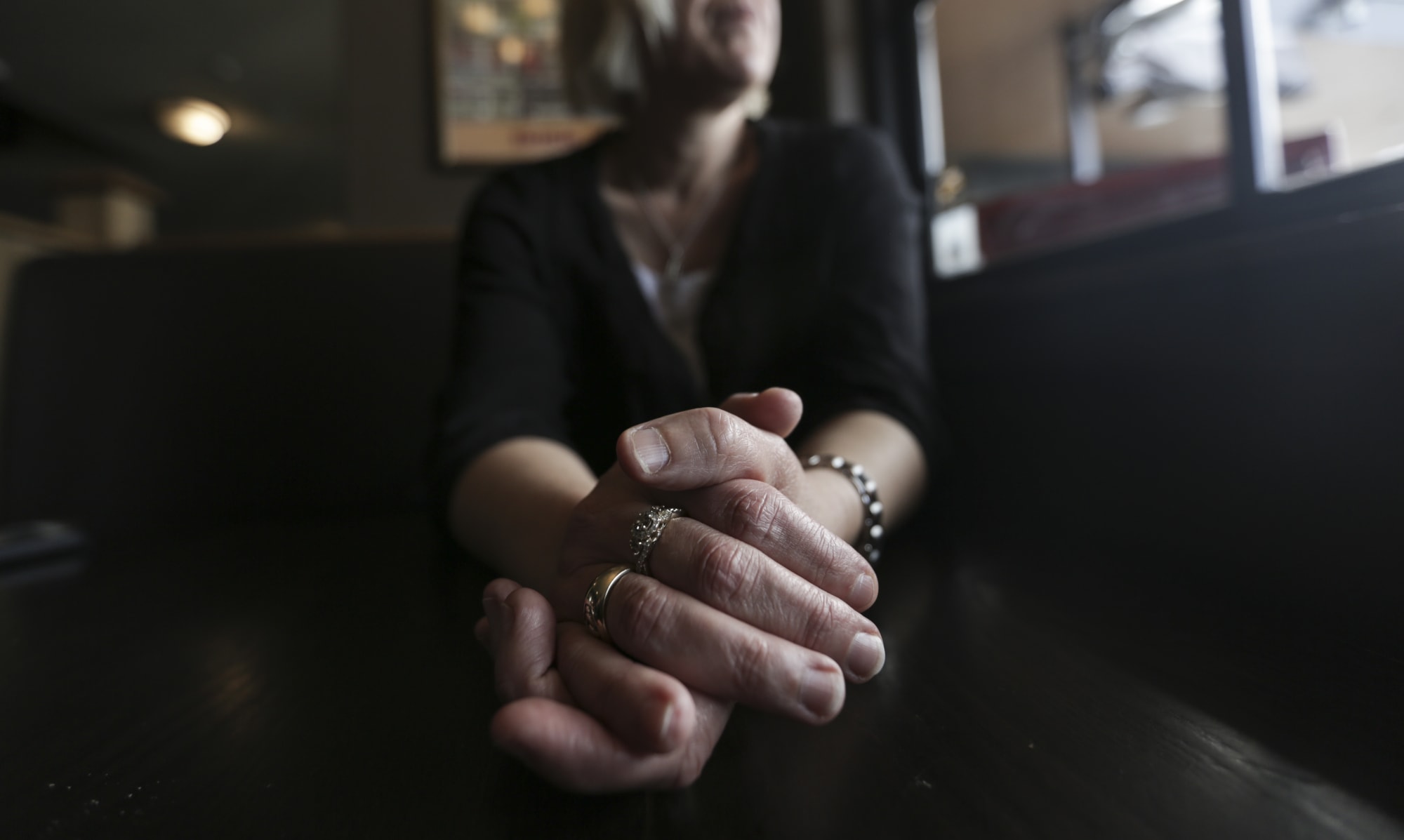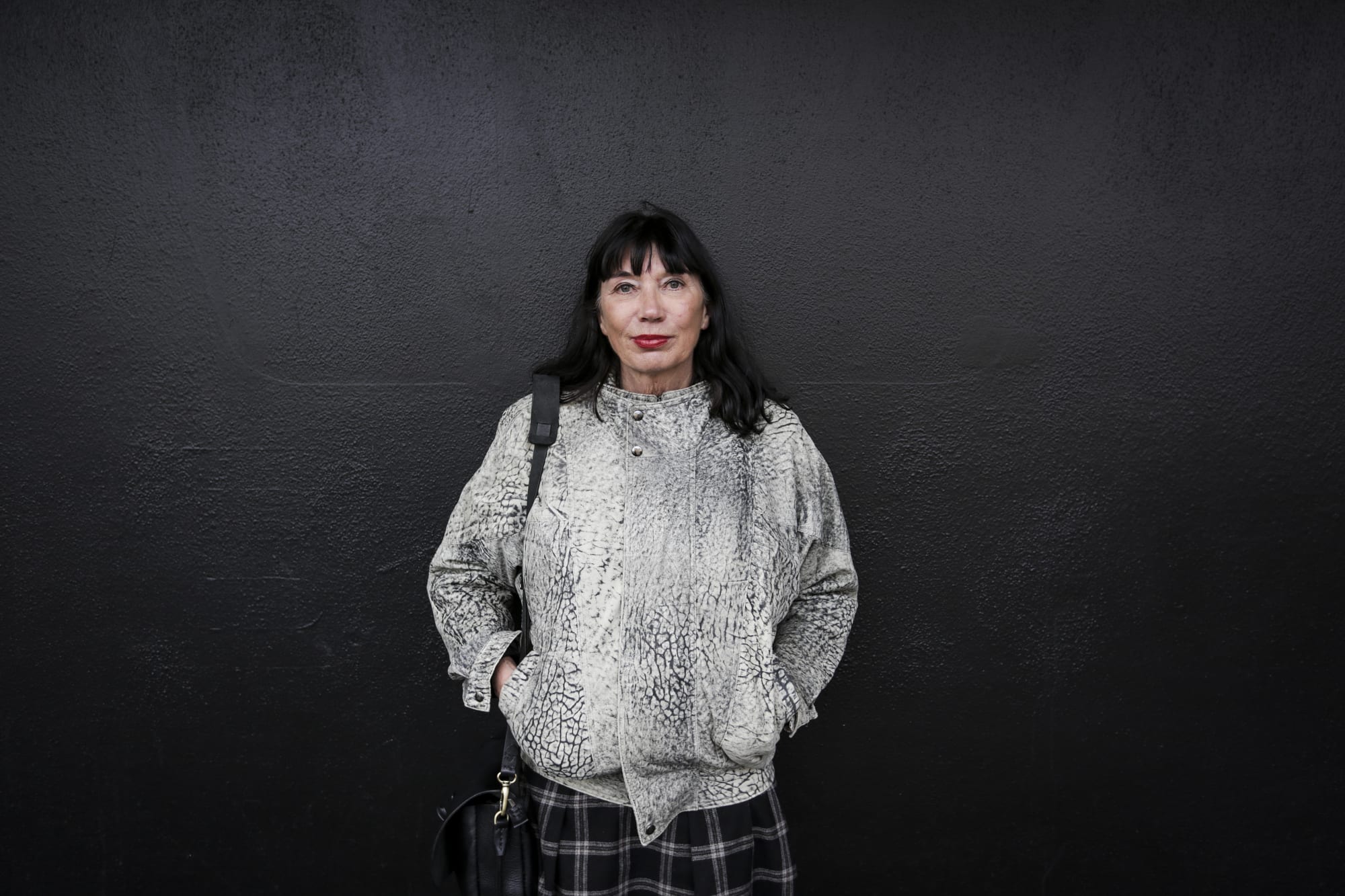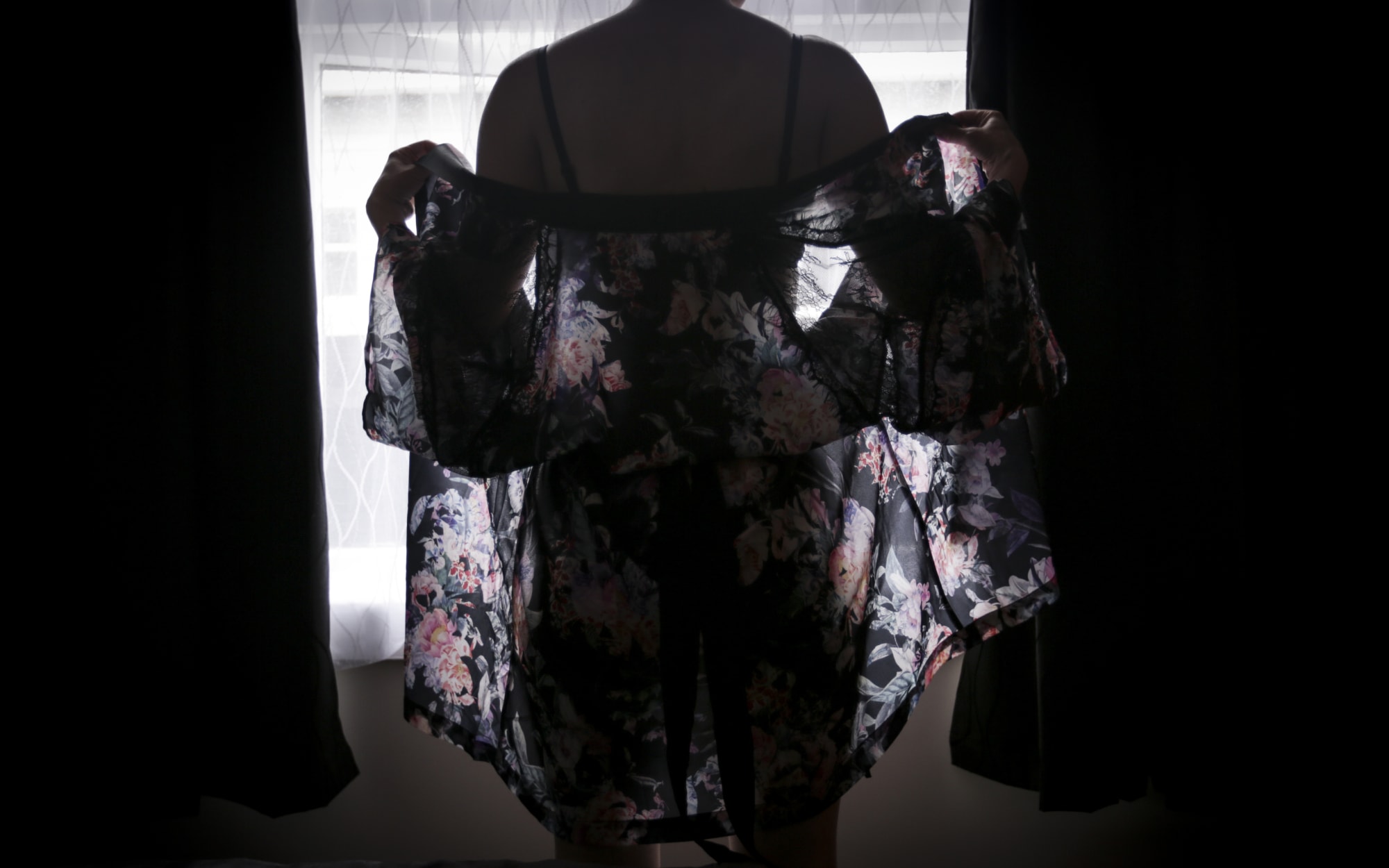New Zealand's sex industry prior to reforms in 2003 has been described as a dangerous environment that lent itself to violence, exploitation and coercion.
But now, prostitutes can go to the police for help rather than facing arrest. Their lives are no longer blighted by convictions for soliciting and they have the right to object to any ill treatment.
In fact, research by University of Otago public health specialist Gillian Able indicates the change following the reforms has been almost universally positive.
But problems do remain. Prostitutes can still face violence, drug use persists, and poverty is also a factor in some sex workers' lives.
In a boutique agency in central Wellington, tucked behind an anonymous door, a young woman has just ended an appointment with a client. She has a wide smile across her face and is enthusiastic at the prospect of being able to do this job until she stops working.
"It's a wonderful working life. I'm working on my home and stuff that I've always wanted to do to better my life in different ways that working a 9-5 job has always gotten in the way of," she says.
This young woman, who doesn't want to be identified, is adamant she can always say "no" if she doesn't want to see someone or do something a client requests.
In fact, the job has gone so well that, since starting work in the industry at the beginning of the year, she has given up her other job solely to work as a prostitute and hopes to continue this way for many years to come, working for an agency owner who provides the rooms and the supplies, and organises appointments and advertising.

Photo: RNZ / Rebekah Parsons-King
But Celeste, who runs a brothel in Christchurch, says for many it's like life in a mouse wheel - hard to get ahead.
After years of working as a prostitute, she decided to start her own brothel in Christchurch after the earthquake hit. The devastation of the central city cleared out all the dead wood, she says.
She wanted to run a business that helped the women who worked there achieve their goals in life.
"I would hope that they were with me for a certain period of time and that I was like a stepping stone to the next goal, but while I've got them there I'm trying to give them some really amazing life skills."
To run a brothel, it's necessary to get an operator's licence from the District Court. The court registry has released figures to Insight that show an increase in the last few years of the number of licences that are being allowed to lapse or expire without renewal.
At the moment, there are 66 active operator licences, way down from the 326 licences approved just after decriminalisation.
This may support theories that much of the trade has moved into small owner-operated brothels of four workers or fewer, which don't need to have a licensed operator.
Celeste talks about her line of work as a sad industry. "There are some success stories, but it depends on how you are raised," she says.
And the backgrounds of some of the women who come to work for her are pretty tragic. She describes one woman whose mother was getting her to collect drugs for her at the age of four and was pimping her out by the time she was 12.
Celeste is worried about the current state of society as a whole: where it's headed and people's relationships, noting with an aside that 75 percent of her clients are married.
'Like any other job'
The motivations for becoming a sex worker are quite varied, according to New Zealand Prostitutes' Collective national co-ordinator Catherine Healy. She concedes money is a big one, but follows that up with the comment "like any other job".

Photo: RNZ / Rebekah Parsons-King
It's what keeps people in sex work that she finds really interesting, and describes the reasons as perhaps more positive than people might imagine.
She points to the research by the University of Otago's Gillian Abel, which lists factors such as "it's fun", "I like my friends" and "I like the flexibility".
The biggest drivers, though, are money-related: paying for household expenses, saving up, or paying for luxuries and going out.
Ms Healy acknowledges there are those who want to get out and feel they were forced into the business, be it through money pressure or by other individuals.
The Otago research, from 2007, puts the numbers at quite a low level, but that's still enough to cause concern.
"Four percent of sex workers said they felt coerced and pressured, and that's not good," she says. Another 10 percent said they wanted to leave, but couldn't think of what else to do.
If you compared figures like these with other types of employment, there might well be similarities, Ms Healy says.
Other models?
The pressures that lead people, the majority of whom are women, to take up sex work causes concern for Sabrinna Valisce, a former sex worker in New Zealand and Australia.
She supports a legislative model that criminalises buying sex. A need for money and a lack of other opportunities is often the reason why individuals such as solo mothers and students move into the industry, she says.
And, more than a decade after the decriminalisation of New Zealand's sex industry, she would like to see a wider look at some of the socio-economic factors that drive the decision-making of those who join the business.


